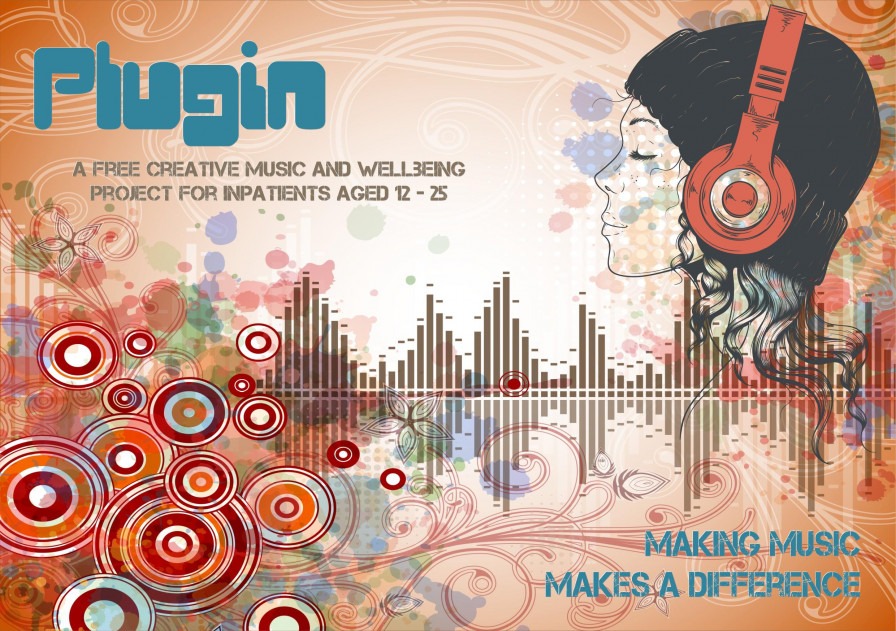The Importance of Bringing Performers into a Hospital Setting by Paul Carroll (Music Leader on Quench Arts’ Plugin project)

At Quench, we are all about delivering participatory music activity which gives participants the self-expression and confidence-boosting benefits that come with being creative. In other words, we encourage people to have a go at making their own original music. However, that’s not to say that the approach of performing in hospitals doesn’t have a place at Quench. It is in fact part of the design of the Plugin project, a series of weekly music sessions with young people, who are in psychiatric hospitals. In 2022, as well as working on original music, the four host hospitals had two performance events right on the wards, involving guest musicians, who weren’t part of the weekly visit. Here are some of the benefits of this we have seen.
Some of the hospitals Quench work in are what are called locked wards and, therefore, a hierarchy system of leave is in place depending on how unwell each individual is at any one time. In other words, patients need permission to take part in certain activities and to go to certain places and would need permission to go to a live music event and often staff to accompany them. And more generally speaking, live music is something that some people might rarely experience anyway so on hospital wards it makes a change from the daily routines, often for both patients and staff. Many patients enjoy seeing someone different from the same staff they see every day. And, in the case of live music, there can be something exciting about meeting someone who makes and performs music for a living. Three factors enhance this experience on the Plugin project. Firstly, performers are under 25 years old and therefore closer in age to the young people on the project than the project lead artists, making them more likely to be relatable. Secondly, Quench performances in hospitals are very informal and we encourage the audience to ask questions. This way direct interaction with the musicians is available, not something you usually get at a public gig. Thirdly, some musicians have music on mainstream online platforms, which adds to the “wow” factor and members of the audience may be interested in listening to the musicians’ music afterwards.
The conversations between musicians and project participants can be genuinely useful and inspiring. They can talk about how the artists got to where they are in terms of education, experience and self-promotion. They can talk about tips for writing songs, for performing and how to develop instrumental, vocal and production skills. They can develop a rapport and have affirming conversations about fashion and image and share music tastes and current new artists to watch out for.
A really useful benefit of holding live events in Plugin hospitals can help lead artists deliver one aspect of the project: the Arts Award accreditation on offer. One of the four sections of the award is to go to an art event and review it. For the reasons stated above, it can be difficult to find a suitable event and physically get all project participants there, with their different levels of leave. Bringing the music to the hospitals levels out any discrepancies in leave, making the Arts Award accessible to all participants.
Finally, after the live performances, there will often be an opportunity for the young people to share the music that they have been working on in their weekly Plugin sessions. This extra interest in their music, along with some positive feedback from experienced musicians closer to their age can add to the boost in confidence that the project often brings to participants. It can also help staff see sometimes challenging patients in a more positive light and highlight that they can focus on a task, work hard and achieve something, raising aspirations for all involved.
